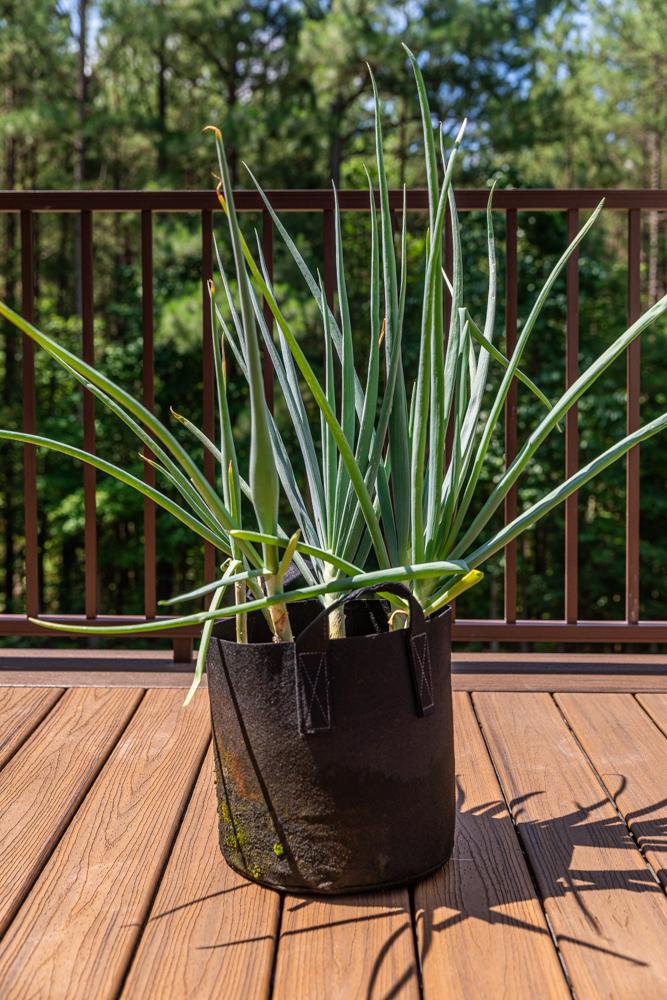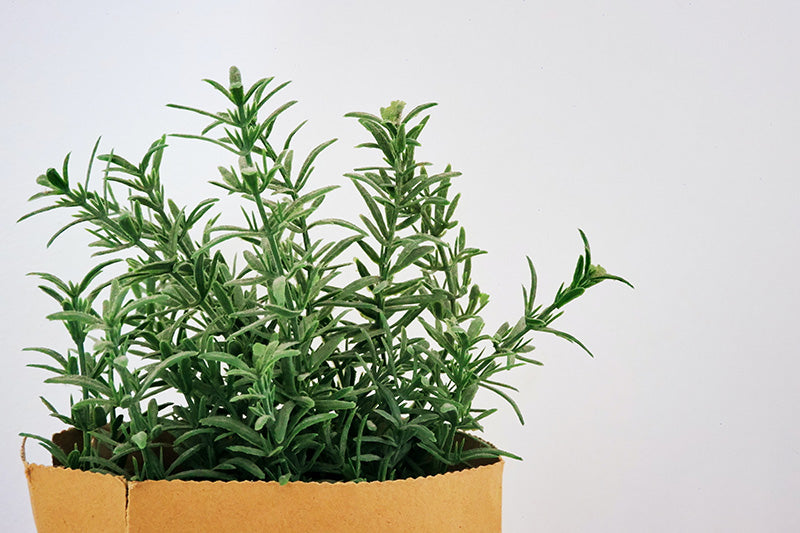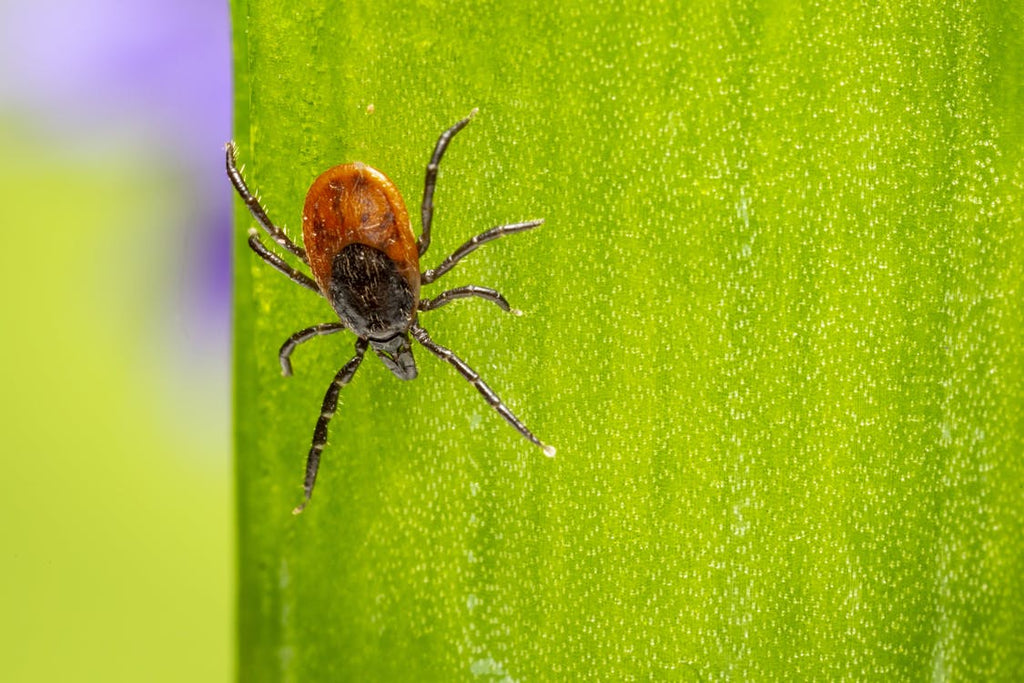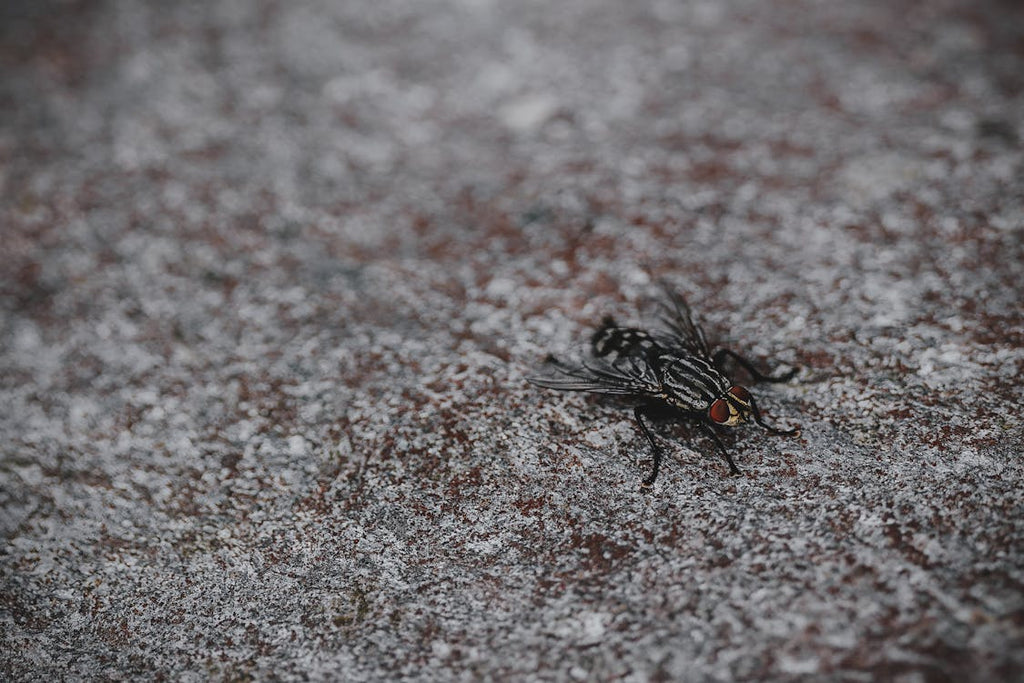
Insects are a vital part of the ecosystem and thus a vital part of our gardens—think about all the energy many gardeners spend trying to attract and support bees and butterflies! At Gardzen we advocate for gardening practices that support the local environment and local flora and fauna—but that doesn’t mean that you want EVERY species of insect in your garden space. Ticks, mosquitoes, biting flies, and other insects that like to nibble on humans and pets can be annoying or even dangerous. Ticks and mosquitoes in particular can spread diseases to humans, and should be avoided where possible. Fortunately there are some steps you can take to help repel bugs like this from your garden, so let’s dig in and learn a little more.
Plants that Repel Mosquitoes and Ticks
There’s no defense like a good offense, so let’s talk about some garden plants that repel unwanted insects and how we can best make use of them. You may already be growing some of these, as many of them are popular additions to many culinary or ornamental gardens:
- Mint, lavender, and most alliums are not just useful and beautiful, but also great mosquito and tick repellent. As alliums include both onions and garlic along with decorative plants, it’s easy to fit these into just about any garden. These also all grow well in containers, making them suitable for patio gardens and other small spaces. As an additional bonus: peppermint smells foul to rats and mice and will help keep them away as well.

- Rosemary has both culinary and ornamental uses, and it helps repel mosquitoes, ticks and cabbage moths. This helps both humans and many brassicas, so consider planting some rosemary if you’d like to remain mosquito-bite free while helping your cabbage, kale, and collards thrive!

- Occasionally confused for each other American Beautyberry and Lantana are also beautiful additions to your landscaping that function as potent mosquito and biting fly repellent. Having the plants around helps keep biting insects away, and they can be used topically by rubbing the leaves gently on the skin. This is generally regarded as safe for humans and pets, but be a little careful as some folks do have a mild allergic reaction to them so try a very little bit on a small spot first.
- Lemongrass is not only useful in cooking—particularly for Southeast Asian dishes—but it is a beautiful plant that repels ticks and mosquitoes. As it’s a tropical plant, it’s likely best for most of us to grow it in containers and then bring it inside for the winter. That just makes it easier to put it where you need it and allows you flexibility in your bug-repellent plan.
Removing Mosquito and Tick Habitat
Better even than repelling unwanted bugs, preventing them from taking up residence in your garden stops the problem before it starts. There are some quick and easy steps that can help keep ticks, mosquitoes, and biting flies away from you and your home or garden:
- Remove standing water in order to keep mosquitoes away. Per the CDC, it’s best to go around at least once a week and dump out or remove any standing or stagnant water where mosquitoes might breed.
- Keep grass short, shrubs and bushes properly trimmed, and plant debris cleared away in order to deny ticks places to live, thrive, and breed. While we encourage you to have some “wild” spaces for wildlife and insects if possible, keeping most of the space clear and tidy helps limits unwanted insects.
- Tightly cover or seal containers like rain barrels, hot tubs, and buckets in order to prevent water accumulation and prevent mosquitoes from laying eggs.
- Empty and refill water bowls and birdbaths regularly! This fulfills two needs—it insures our pets, birds, and outdoor animals have fresh water and it keeps mosquitoes from taking up residence.
- If ticks are an issue where you live wear tick-resistant clothing and inspect yourself and your pets after outdoor activities in order to detect any tick bites as quickly as possible. The CDC has a great guide for tick prevention and monitoring, and we encourage you to check it out.

Treating Insect Bites
As with all medical advice here on Gardzen, this is our best understanding of the topic and if any questions or doubts emerge please consult a medical professional as soon as possible
Treating insect bites at home should be done as soon as you can after the bite occurs. The good news for most of us is that mosquito or fly bites are just annoying, and generally go away on their own within a day or two. Anti-itch creams, oral antihistamines, and cold compresses can all help reduce the itching in the meantime. Generally unless you develop a fever, rash, or the bite becomes infected, you shouldn’t need to see a doctor—but if any of those symptoms do occur or the bite just refuses to heal, please seek medical attention.
Ticks are a bit different, as ticks actually attach themselves to their host for the long-term. If you find a tick attached to yourself or your pet, remove it gently per the CDC’s guidelines as presented here, and then wash the site thoroughly. Similar to treating a mosquito bite, seek medical attention if you develop a rash or fever within a few weeks of removing a tick as these may be signs of potentially serious illness. If you live in a place where tick-borne diseases is prevalent, stay informed as to local conditions and take appropriate precautions.

Gardening, Mosquitoes, and Nature
Gardening is all about working with nature, and by taking some basic precautions you can keep your spaces friendly for wildlife while keeping yourself safe and bite-free. We hope this guide helps, and as always if you have your own tips for managing mosquitoes and ticks in your garden, please share them either in the comments section or via email!

Leave a comment